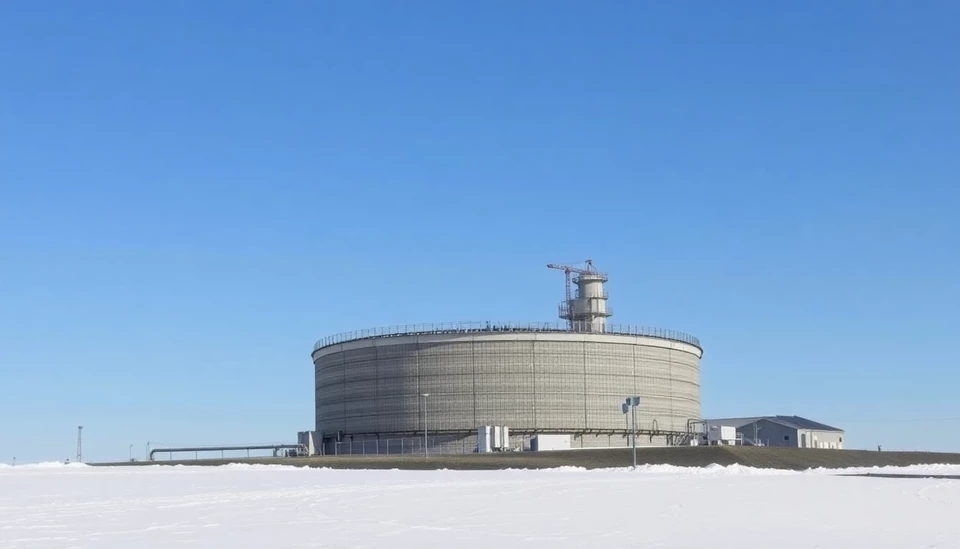
Germany is grappling with a significant challenge regarding its gas storage capacity as the nation navigates the complexities of energy supply and demand amidst the broader European landscape. This struggle comes at a critical juncture, with Italy moving forward with financial measures aimed at bolstering its energy security, thereby intensifying the competitive dynamics among European nations.
In recent months, the urgency for Germany has escalated as it seeks to maintain adequate gas reserves for the upcoming winter season. The country faced unprecedented hurdles last year, as fluctuating gas prices coupled with geopolitical tensions disrupted traditional supply chains. These challenges have prompted German energy officials to reconsider their strategies to ensure that consumers are kept warm and industries can remain operational during the colder months.
Italy, meanwhile, has unveiled subsidy programs to incentivize gas production and enhance energy efficiency. This proactive approach is designed to not only assist local economies but also to create a more resilient energy framework that can withstand market volatility. Italian policymakers are keen on reducing dependence on imported energy, thus establishing a more self-sufficient and security-conscious energy ecosystem.
As Italy steps up its efforts, experts warn that Germany must act quickly and decisively or risk falling behind in this evolving energy marketplace. With neighboring countries adjusting strategies and reevaluating their energy dependencies, the pressure is heightening for Germany to find innovative solutions to safeguard its energy future.
The situation illustrates the broader implications of energy policy within Europe. The ongoing conflict in Eastern Europe, alongside global supply chain disruptions, has made energy a pivotal point of contention among EU member states. As various nations recalibrate their energy strategies to mitigate risks, the balance of power within the energy sector is shifting, leaving Germany at a potential disadvantage if it does not adapt swiftly.
As the deadline for winter approaches, stakeholders in Germany are advocating for increased investment in gas storage infrastructures and diversified energy sources to enhance resilience. They argue that without immediate and bold action, the country risks not only economic setbacks but also adverse effects on citizens during potentially harsh weather conditions in the months to come.
The contrasting strategies of Germany and Italy highlight the wider debate on energy independence and sustainability in Europe, raising questions about how countries will navigate their energy policies in the face of ongoing global challenges. The need for cooperation and strategic partnerships among EU nations is underscored, as shared resources and information may pave the way for a more secure energy future for all.
#Germany #Italy #GasStorage #EnergyPolicy #Subsidy #WinterPreparedness #EuropeanEnergy
Author: Victoria Adams




